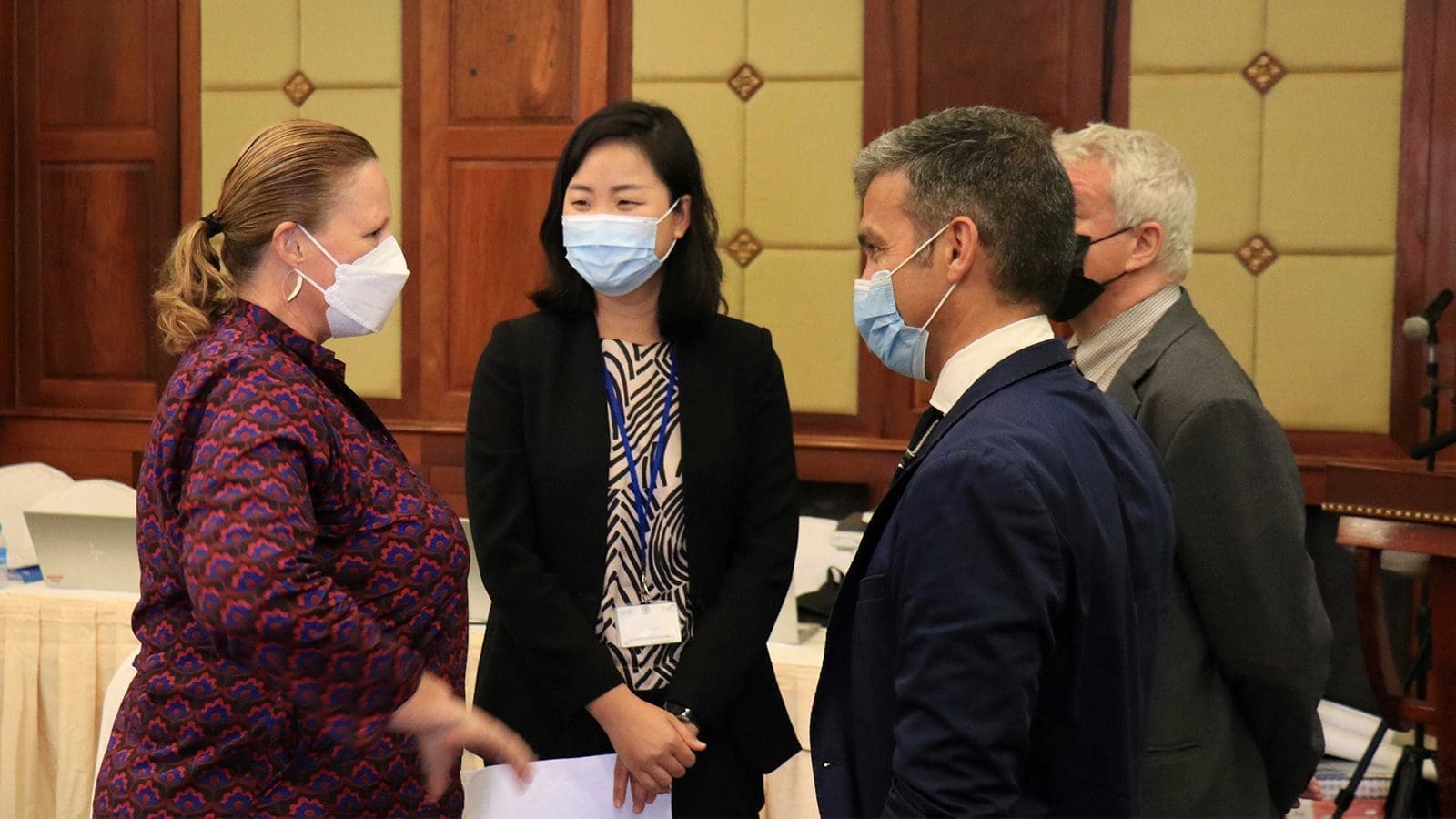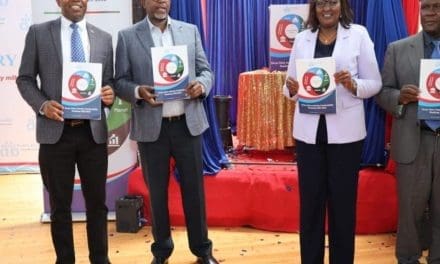GLOBAL – As part of the “Action to Support Implementation of Codex AMR Texts (ACT)” project, Bolivia, Cambodia, Colombia, Mongolia, Nepal, and Pakistan have evaluated their strategies for addressing foodborne antimicrobial resistance (AMR).
“The main goal was to assess how each country is doing regarding the implementation of the Codex AMR texts. It was important to identify the gaps and prepare action plans, and road maps.
“One should never lose sight of the overall picture: by implementing Codex texts, countries are assuring food safety for their populations and ensuring fair practices in the food trade,” said Jorge Pinto Ferreira, FAO Food Safety Officer, referring to Guidelines for Risk Analysis of Foodborne Antimicrobial Resistance, Guidelines on Integrated Monitoring and Surveillance of Foodborne Antimicrobial Resistance, and Code of Practice to Minimize and Control Foodborne Antimicrobial Resistance.
In this process, Nepal used the Codex Code of Practice (COP) tool while the other five countries used the FAO AMR Progressive Management Pathway (PMP) tool.
Both tools seek to identify a concise list of steps that can assist the nations in advancing their efforts to address foodborne AMR.
The PMP targets two aspects: first, an assessment of the country’s AMR National Action Plan (NAP), and second, an evaluation of the level of implementation of the NAP.
On the other hand, the Codex COP tool assesses the country’s level of implementation of the Codex Code of Practice to Minimize and Control Foodborne Antimicrobial Resistance.
Pinto Ferreira observed that the assessment procedure passed without a hitch and that it is now time to put the action plans into effect.
“One should never lose sight of the overall picture: by implementing Codex texts, countries are assuring food safety for their populations and ensuring fair practices in the food trade.”
Jorge Pinto Ferreira, FAO Food Safety Officer
Tweet
Each country has a detailed assessment of the situation regarding AMR and antimicrobial use; they have identified the stakeholders, next steps, and a timeline.
They are currently developing road plans to transform an aspirational list of activities into a reality of accomplished goals.
The ACT project is supporting the implementation of Codex AMR texts.
This effort, which was funded by the Republic of Korea, will also improve how foodborne AMR is managed in Bolivia, Cambodia, Colombia, Mongolia, Nepal, and Pakistan.
The project will support more accessible, secure, and effective food systems by enhancing access to global markets and defending consumers against the hazards posed by foodborne AMR.
“One of the beauties of this project is that each country’s situation is different from the others, which drives us to develop tools, training, and activities to support a range of different scenarios and contexts. Nevertheless, I would say that there were a couple of topics that seem to be common for most countries,” said Ferreira.
One such example according to him is the need to increase awareness of AMR and AMU among all concerned stakeholders.
In addition training for animal producers, focusing, for example on biosecurity or good husbandry practices, and both terrestrial and aquatic animals.
“There are gaps in surveillance of AMR microbes, namely in the environment, and the production of plants/crops. There are still some hurdles to overcome when it comes to stopping the use of growth promoters in the animal production sector.
“We see a lack of capacity to implement prescription requirements to access antimicrobials although the implementation of a prescription requirement to acquire an antimicrobial does not seem realistic at this point,” he pointed out.
For all the latest food safety news from Africa and the World, subscribe to our NEWSLETTER, follow us on Twitter and LinkedIn, like us on Facebook and subscribe to our YouTube channel.








